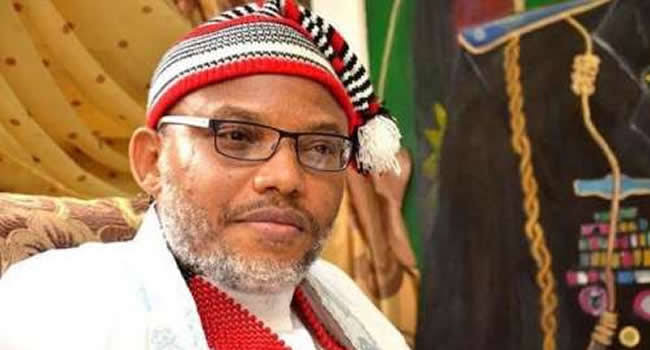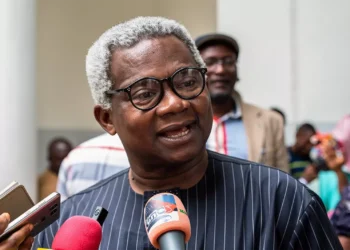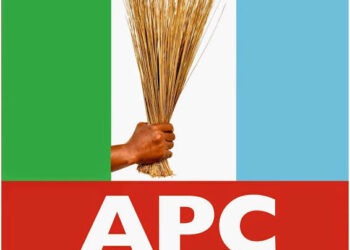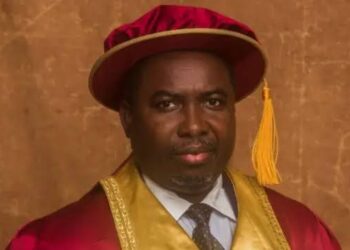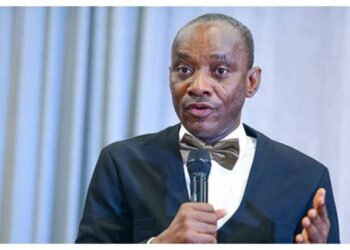The Council of South-East Traditional Rulers has called on the Federal Government to release Nnamdi Kanu, the leader of the Indigenous People of Biafra (IPOB). The council believes that freeing Kanu would help alleviate tensions in the region.
Igwe Samuel Asadu, the Chairman of the Council, made this appeal during an interview at the News Agency of Nigeria (NAN) Forum in Abuja. Asadu, who is the traditional ruler of Edem-Ani Ogwugwu kingdom in Enugu State, shared that this issue was discussed in the council’s recent meeting.
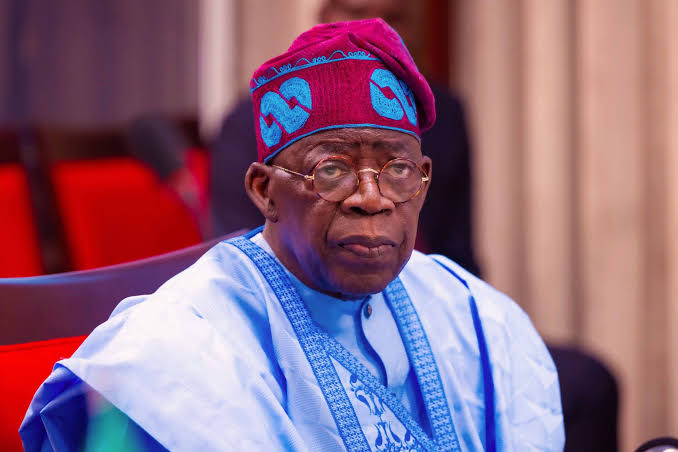
According to Asadu, the council supports the calls from various South-East leaders for Kanu’s release. Governors in the five South-East states and local lawmakers have also advocated for his freedom. Asadu emphasized that Kanu is an important figure in the region, and his release could contribute to a more peaceful and harmonious atmosphere.
Asadu also acknowledged that while the release of Kanu might bring relief, it is crucial for the government to handle the situation carefully. He suggested that necessary precautions and measures should be in place to ensure that Kanu’s release does not lead to any unexpected problems. He recommended that a formal arrangement or deal be established before proceeding with his release.
In addition, the council is against the planned nationwide protest from August 1 to 10, which is being organized by those advocating for Kanu’s release. Asadu urged the protesters to seek alternative ways to express their grievances, as he fears the protest could lead to chaos and disruption. He advised that peaceful protests could be exploited by individuals who might cause unrest, and emphasized the importance of maintaining order.
Asadu also discussed the current economic difficulties and the impact of fuel subsidy removal on his community. He noted that despite these challenges, he does not support the protest as a solution. Instead, he urged the government to engage in dialogue with the protesters to address their concerns constructively. He described the president as the “father of the nation” and stressed the need for communication and understanding.
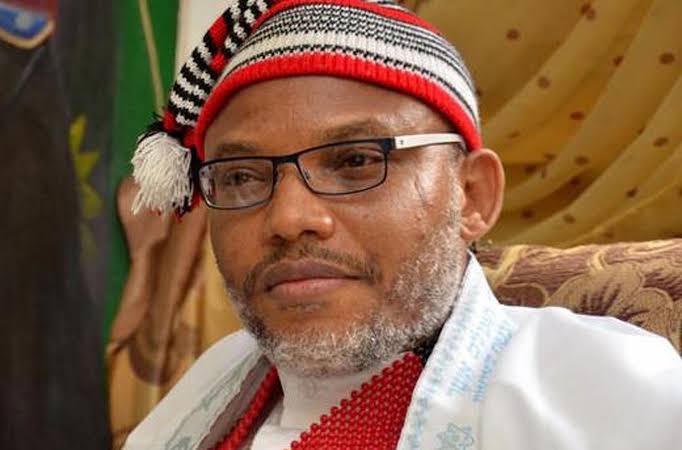
Furthermore, Asadu encouraged traditional rulers across the country to actively engage with their communities. He suggested that they organize local events and activities to foster a sense of unity and support.
According to Asadu, leadership should focus on what can be done for the people, rather than expecting services from them.
The Council of South-East Traditional Rulers also made a formal request to President Bola Tinubu for the creation of two additional states in the South-East region. Asadu explained that this request is intended to address the current imbalance in state distribution, as the South-East presently has only five states. He mentioned that the council is open to accepting any new states, regardless of their origin, and will support whatever decision the president makes.
Lastly, Asadu expressed a desire for traditional institutions to have a more formal role in governance. He pointed out that traditional rulers have not been receiving their allocated funds from local governments, which affects their ability to effectively communicate government policies and programs to their communities. Asadu and the council seek greater constitutional recognition and support for traditional institutions to enhance their role in community governance.
The South-East Traditional Rulers Council is advocating for Nnamdi Kanu’s release, urging the government to handle the situation carefully and to engage in dialogue with protesters. They are also seeking the creation of additional states in their region and greater recognition of traditional institutions in governance.


